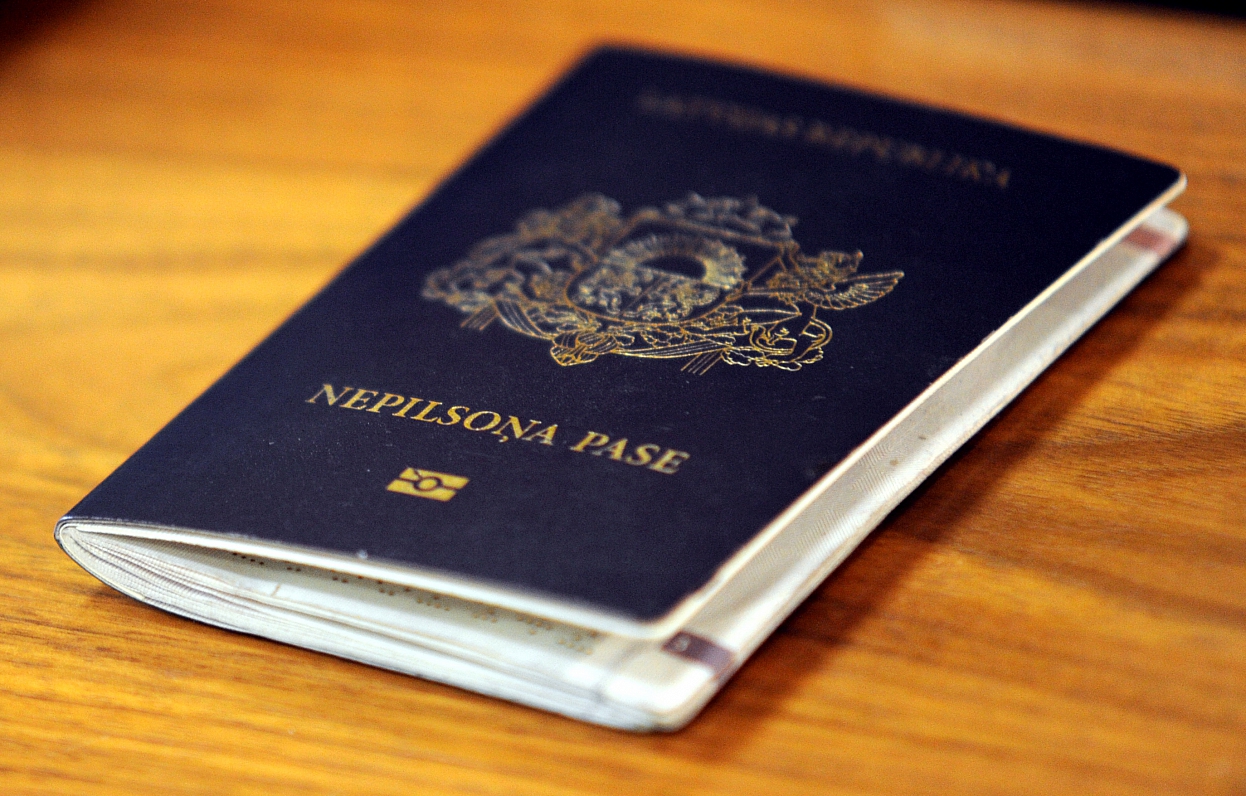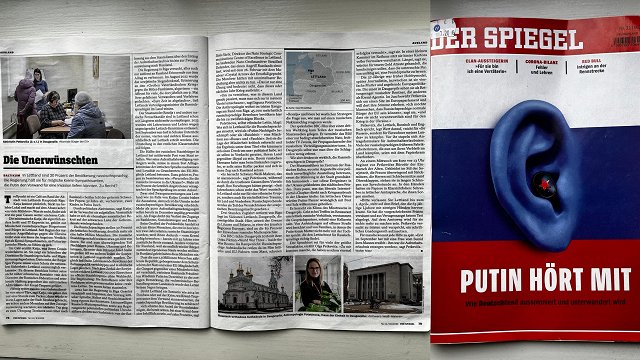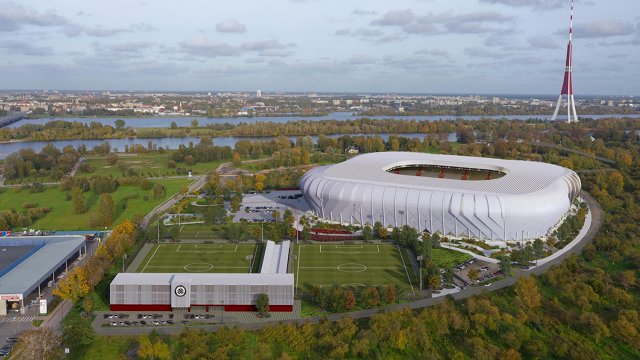“Every child born in Latvia must have a definite nationality. The state has to create conditions that do not allow further non-citizen status to be granted, as the original aim of introducing non-citizen status was never to keep it in place indefinitely," Vējonis said.
Non-citizen status was only intended to be "a temporary status" while an individual acquired Latvian citizenship or citizenship of another country, the President added.
He described his move to draw a line under the awarding of non-citizen status to children as "a symbolic step that will allow us to stop deliberate and purposeful division between different groups of Latvian society."
Coupled with educational reforms, his proposals should make it evident that schools can "prepare and nurture good, honest and responsible people who are Latvian patriots and have a strong affiliation to the Republic of Latvia," his statement said.
The proposals would not apply restrospectively to persons who were born and acquired non-citizen status before January 1, 2020, who would still need to go through the existing naturalization process.
According to the data of the Office of Citizenship and Migration Affairs 74 children were registered as non-citizens in 2014, 77 children in 2015, 47 children in 2016, 51 children in 2017 and 33 children in 2018.
The status of "non-citizens" in Latvia is a perpetual source of controversy. Following the restoration of Latvian independence in the early 1990s, the status was given to Soviet-era immigrants and their descendants who were not entitled to Latvian citizenship as their families had not been citizens of the first Latvian Republic.
According to the Citizenship and Migration Affairs Office, there remain 242,000 people with non-citizen status in Latvia - more than 10% of the total population . Non-citizens don't enjoy certain rights - crucially, the right to vote and the right to serve in the police and armed forces, though they do enjoy diplomatic protection and can travel on special non-citizens' passports.
This has led to criticism from some international organizations and regularly by Russia, though obviously non-citizens are by definition not citizens of Russia either.
However they can become citizens in a fairly simple procedure by taking the citizenship exam.
This is Vējonis' second attempt to resolve the issue on his own initiative. His first was swiftly rejected by Saeima.































